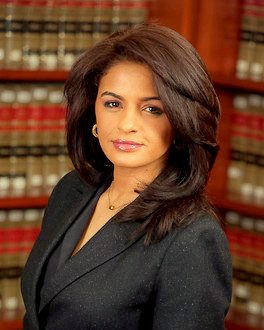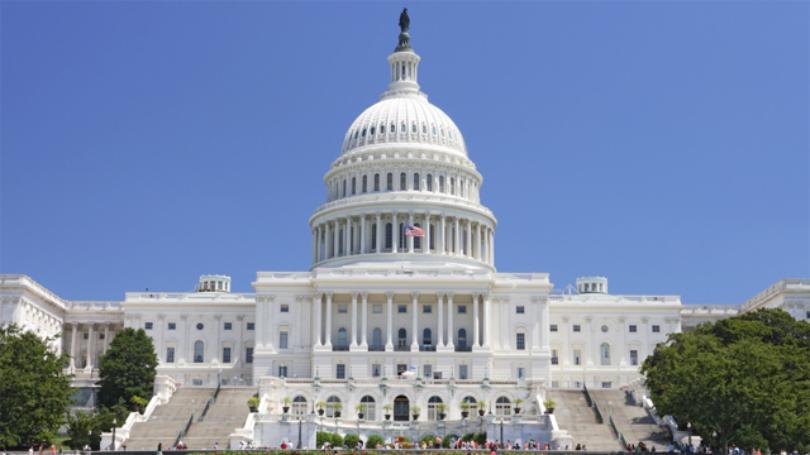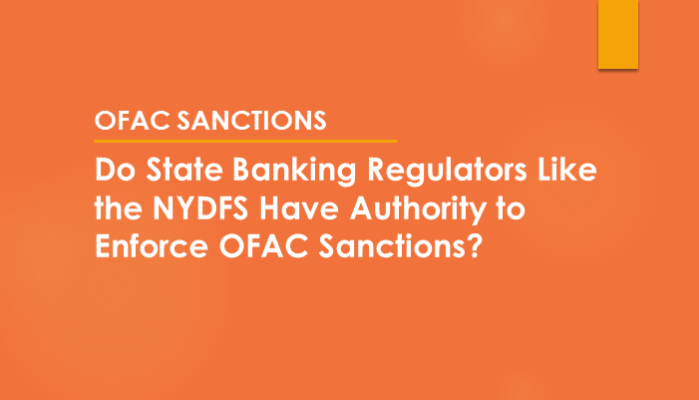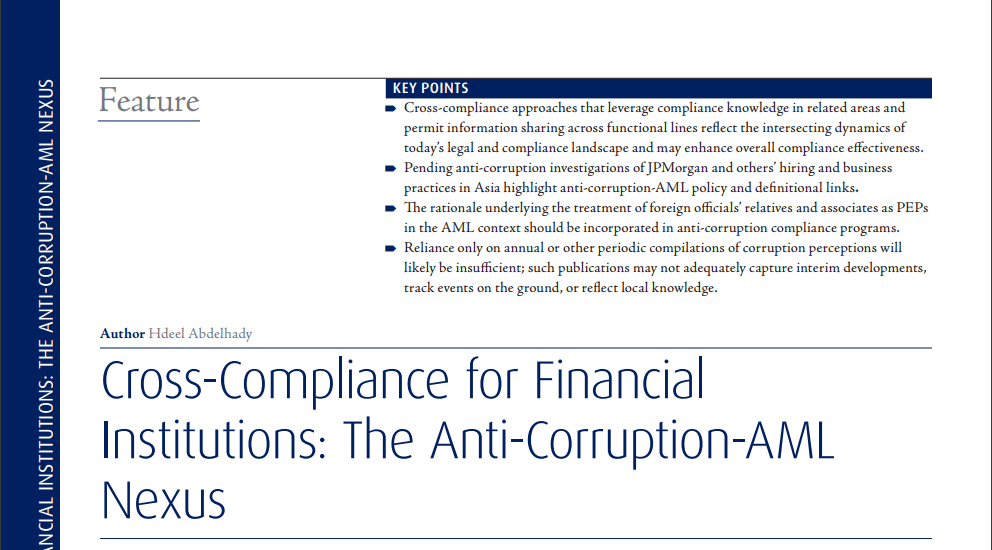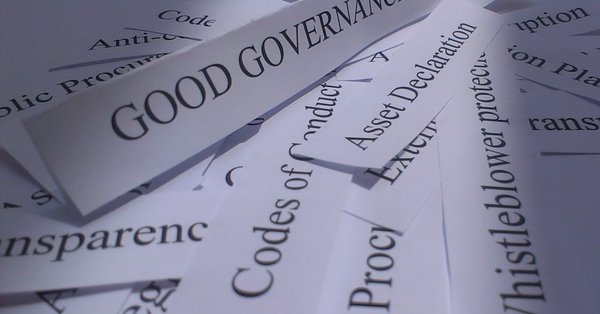Muhammad Ali: Self-Made Man and Internationalist Who Was Beloved in the Middle East Made His Mark on American Law
Do State Regulators Have Authority to Enforce OFAC Sanctions?
New Rules of Business Conduct Regulation Require Fresh Risk and Compliance Thinking
Foreign Investment in U.S. Agriculture Under Scrutiny
Insolvency Regimes for Islamic Banks: Regulatory Prerogative and Process Design
Specialized Insolvency Regimes for Islamic Banks: Regulatory Prerogative and Process Design Author: Hdeel Abdelhady Original Publication: World Bank Legal Review, Volume 5 Abstract As Islamic banks grow in size and number, they will require enabling legal and regulatory environments to facilitate…
